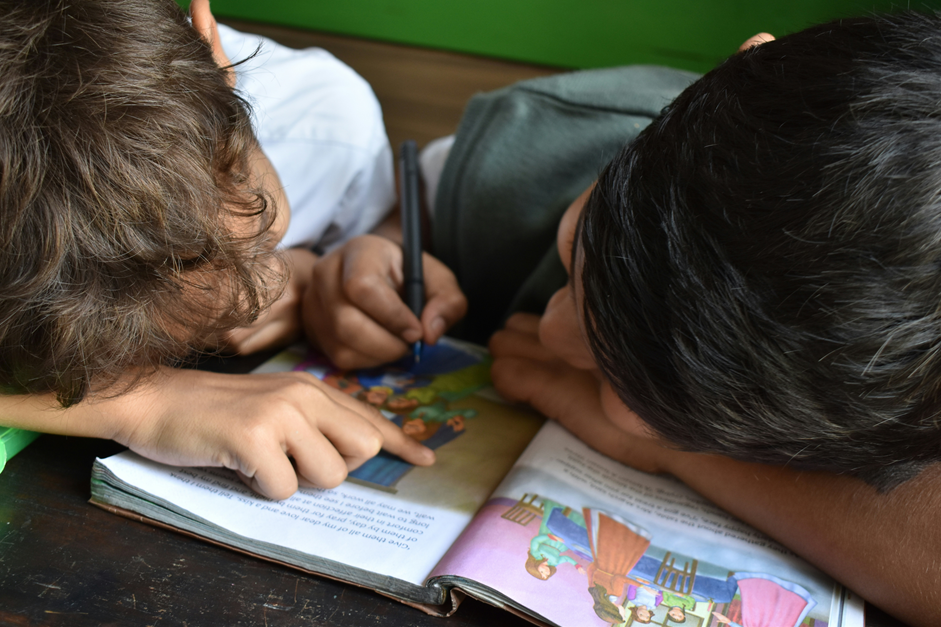Importance of Active Listening Skills For Your Child
Active listening is an essential skill that plays a
significant role in your child's overall development. It helps improve
communication, focus, and problem-solving abilities, setting a solid foundation
for both academic and personal growth. When children actively listen, they
become more engaged in conversations, leading to better understanding and
retention of information. This skill also enhances their emotional intelligence
as they learn to empathize with others. In a CBSE
school Bangalore, teachers emphasize active listening as part of the
curriculum to foster a deeper learning experience. Encouraging your child to
practice active listening can boost their confidence and ensure they make
meaningful connections with peers and educators alike. Developing this skill
early on can set your child on a path to success.
What Are the Importance of Active Listening
Skills
Active listening is a crucial skill for your child's
growth and development. Here are some detailed points highlighting its
importance:
Improved Academic Performance
Active listening helps children absorb and retain
information better, which directly impacts their academic success. In a
classroom setting, when children listen attentively, they understand
instructions more clearly, follow lessons effectively, and can engage in
thoughtful discussions, leading to better grades and improved learning
outcomes.
Enhanced Communication Skills
Active listening encourages children not only to hear
but also to understand the speaker's message. This leads to more meaningful
conversations as they learn to ask relevant questions, clarify doubts, and
express their thoughts more effectively. Strong communication skills are
essential for personal and professional success.
Better Problem-Solving Abilities
Active listening requires children to fully comprehend
the issue at hand before offering solutions. By paying close attention, they
are more likely to think critically, identify key aspects of problems, and come
up with well-thought-out solutions, helping them become more resourceful.
Increased Empathy and Emotional Intelligence
Active listening fosters empathy as children learn to
understand others' feelings and perspectives. It encourages them to be more
compassionate and respond thoughtfully in conversations, which is essential for
building strong relationships with peers, teachers, and family members.
Boosted Self-Esteem and Confidence
When children feel heard and understood, they develop a
sense of self-worth and confidence. Active listening helps children feel validated,
which motivates them to express themselves more freely and assertively in
different social situations.
Positive Social Interactions
Active listening plays a key role in fostering positive
social interactions. Children who practice this skill are more likely to form
stronger friendships, resolve conflicts peacefully, and work effectively in
group settings. In the long run, these social skills are vital for success in
both personal and professional environments.
Conclusion
Active listening is a foundational skill that significantly
contributes to your child’s academic success, emotional intelligence, and
overall development. By practising this skill, children can improve their
communication abilities, enhance problem-solving skills, and foster empathy,
which are all essential for personal growth. Schools like the HDFC School prioritize the development
of these critical life skills alongside academic learning. They create an
environment where active listening is encouraged both inside and outside the
classroom, ensuring that students not only excel academically but also grow
into well-rounded individuals. With its focus on holistic education, the HDFC
School provides the best platform for your child to develop strong
communication and active listening skills, setting them on the path to lifelong
success.
Original content:- Importance of Active Listening Skills For Your Child



Comments
Post a Comment